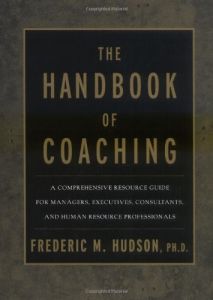
The Handbook of Coaching
A Comprehensive Resource Guide for Managers, Executives, Consultants, and Human Resource Professionals
Recommendation
Frederic M. Hudson wrote this exhaustive reference manual and survey of the field of coaching primarily for coaches and aspiring coaches. He focuses on teaching the best practices in coaching and conveying knowledge, extensive resources, thorough book lists and professional programs. The real message underneath all this data is that a good coach is the ultimate human resource. If you’re a coach, you’ll benefit from the book’s thoroughness. If you’re unfamiliar with the field, it’s a textbook for understanding many facets of professional coaching and its impact on people and organizations. getAbstract recommends Hudson’s book particularly to coaches, and also to those who want to learn more about coaching, human resource managers, business libraries, and executives who are recruiting coaches or team leaders. Just forget the idea that all you need to know you learned in kindergarten; to thrive, you need to keep learning continuously. Just ask a coach.
Summary
About the Author
Frederic M. Hudson, Ph.D., is an expert on adult development. He has worked for more than 25 years as a career and life-planning consultant and has developed adult learning programs. His corporate experience includes working with a number of Fortune 500 companies. He is the author of numerous books including The Adult Years.









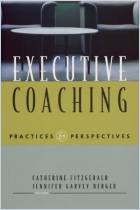
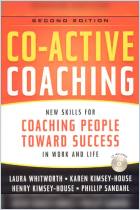
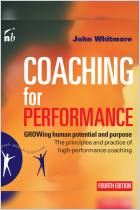
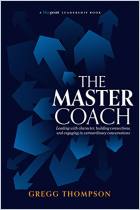







Comment on this summary or Diskussion beginnen